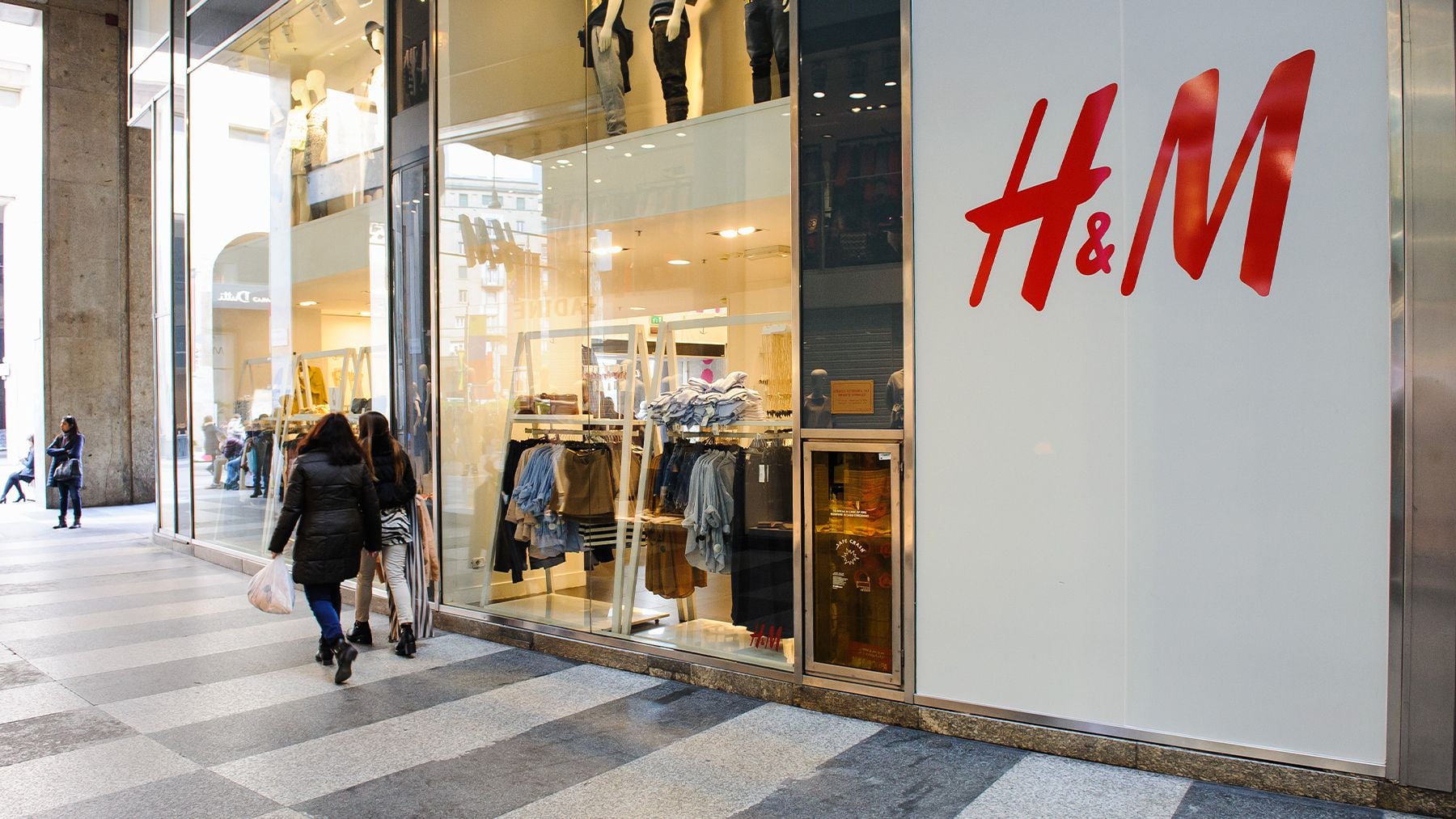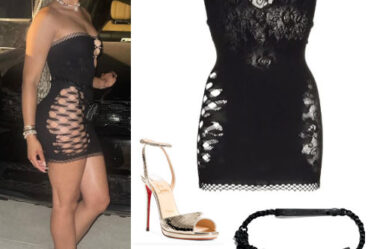
When Daniel Ervér was named chief executive of H&M Group in January, the appointment was widely received as a surprise, and not necessarily a good one. The company’s problems are well-documented at this point: H&M has struggled in a post-Shein world, occupying the rapidly shrinking middle between ultra-cheap online competitors and Zara’s “upscale” fast fashion.
Why, if the brand is so beset by problems it required the sudden ouster of its CEO, did it go with a relatively unknown insider? In interviews after his appointment, Ervér did little to clear up the confusion. He spoke to the need to “react quicker” to new trends, à la Shein, but also sell more high-priced items, like Zara.
Perhaps we’ll get some more concrete answers this week. H&M reports results for the three months ending Feb. 29 on Wednesday. Ervér isn’t wrong to take a few cues from rivals. Consumers clearly prefer Shein’s all the trends, all the time approach to H&M’s seasonal view on fashion. And while the chain has been closing stores to cut costs, its many brick-and-mortar locations remain a key advantage over the online-only competition. Zara-owner Inditex demonstrated as much earlier this month when it reported record sales of €35.9 billion ($39 billion) in 2023, up 10.4 percent. It also remains to be seen whether Ervér will have the same commitment to sustainability as his predecessor, Helena Helmersson, who aimed to pitch H&M as an unlikely (and often controversial) champion of green fashion. Pricey programmes to deliver on this ambition would be a tempting target for budget cuts.
That side of the business is probably safe though. For better or worse, Ervér, who has worked at H&M for nearly two decades, represents continuity, not change. Plus, fast fashion is currently villain No. 1 in European politics. France’s proposal to tax cheap clothes like cigarettes is the latest indication that rhetoric around the ecological costs of fast fashion is starting to have real teeth. Now is the time to burnish those sustainability credentials, not toss them.
Speaking of, the fate of Renewcell, a now-bankrupt H&M-backed fabric recycling start-up, will be decided this week. The company was seen as a pioneer in the field, and had scaled its production capacity, only to falter in face of uncertain demand. Bids are due on March 28.
The Week Ahead wants to hear from you! Send tips, suggestions, complaints and compliments to brian.baskin@businessoffashion.com.



